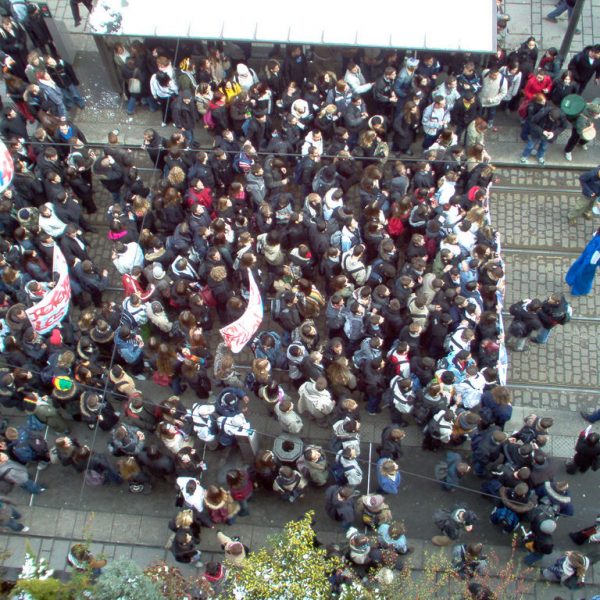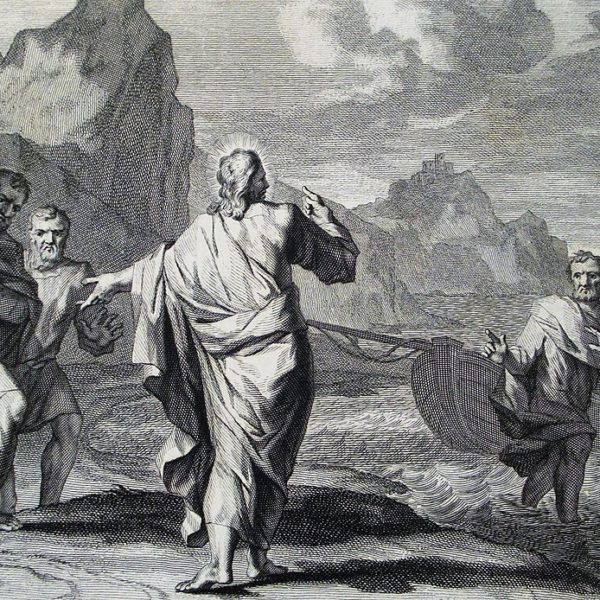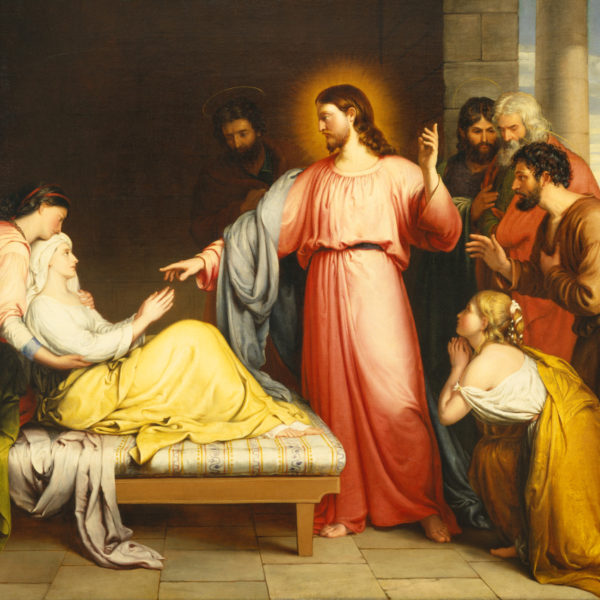
YHWH invites the people of Judah and Jerusalem to revolt against self-centered government, changing their allegiance from the Persian emperor to YHWH, who is the Lord, the messenger, and the message.

When we read of God enthroned as the great king, perhaps we can imagine a system of governance where our political rivals are not beaten into submission, but are disarmed by love; where those who are different from us are respected, listened to, learned from; where brute force is neutralized by a refusal to retaliate and is resisted through active non-violence. Toward this end, God is indeed the great leader, the one who models “power under” for all of us.

Advent is the season between the comings, the space of absence in which we await the Divine visitation. Might it also be a space of resistance, wherein we reimagine our identities and, in so doing, perhaps even become the kind of presence in the world we so desire?

Without a sustained focus on material inequalities and repressive state power, the conversation on Islamophobia too easily slips into a mealy-mouthed appeal to diversity and tolerance.
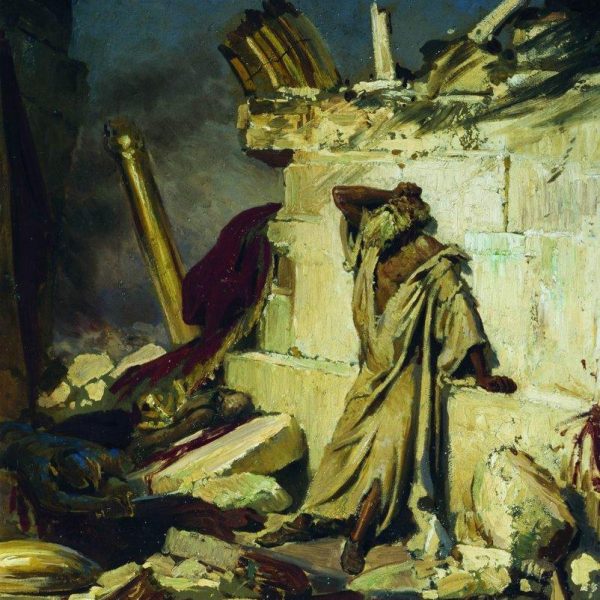
These essays reflect the book of Jeremiah’s attempts to grapple with the consequences of involuntary migration, as well as the challenges faced by Christians grappling with the relationship of the biblical and theological tradition to the contemporary pursuit of justice.
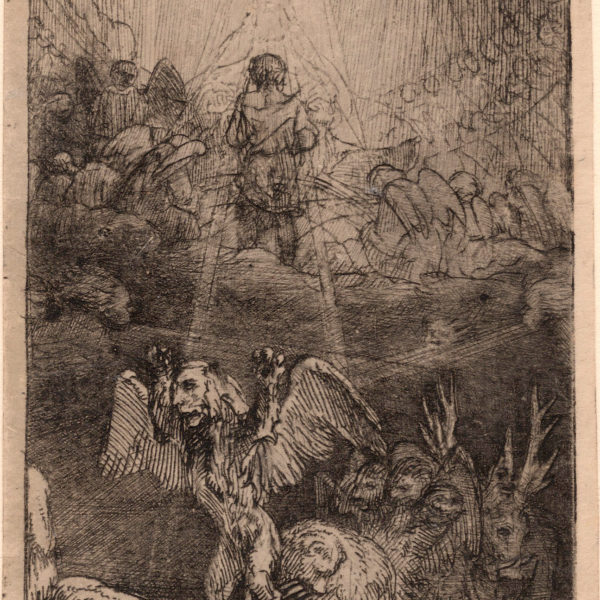
For those living in powerful nations, for those prospering in the global economy, our response to the Reign of Christ Sunday might better be one of repentance than triumph, of humility rather than arrogance. For the reign of Christ stands in opposition to our own reigns, as the world is turned upside down, bringing judgment for those in power and justice for those who have suffered.

